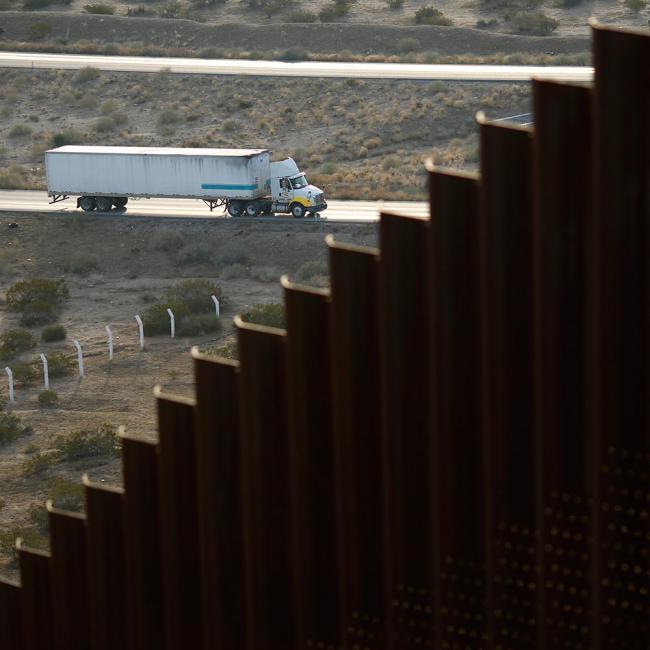(Bloomberg) -- Mexico is redoubling its efforts to reach a Nafta agreement with the U.S. and Canada by the end of August to increase certainty for investors and take the heat off incoming President Andres Manuel Lopez Obrador, according to three people familiar with the negotiations.
A deal next month would allow Lopez Obrador to focus on his priority of domestic development, while shielding him from any potential criticism involving the outcome of the negotiations, according to the people, who asked not to be named discussing private talks. The timeline would also allow U.S. President Donald Trump to make good on his 2016 presidential campaign pledge to fix or abandon Nafta before mid-term elections in November.
The people cautioned that while technical talks are advanced, an agreement depends on the U.S. willingness to back off proposals that are opposed by Mexico, Canada and American business groups, such as an automatic expiration of the deal after five years and the end of dispute resolution panels. U.S. Trade Representative Robert Lighthizer hasn’t shown an openness to do that, the people said.
Lighthizer’s office and the Canadian foreign ministry didn’t immediately respond to requests for comment. Mexico’s economy ministry declined to immediately comment.
After a two-month break, the highest-level Nafta negotiators are set to meet this week. Canadian Foreign Minister Chrystia Freeland is scheduled to travel to Mexico City on Wednesday to meet with officials from the current and incoming Mexican administrations, including Lopez Obrador. Mexican Economy Minister Ildefonso Guajardo said last week that he and his team plan to travel to Washington on Thursday to meet with Lighthizer.
The Mexican foreign ministry on Saturday said that Jesus Seade, named by Lopez Obrador as his chief Nafta negotiator, will join the team on its trip to Washington. Seade said in an interview last month that he sees a deal as possible before the U.S. congressional election, and that the incoming president’s team fundamentally agrees with the nation’s current negotiating positions.
Guajardo last week alluded to the possibility of an August deal. In an interview with Radio Formula, he said that in closed-door meetings with the current and incoming governments earlier this month, U.S. officials including Secretary of State Mike Pompeo indicated a desire to have a deal in 45 days.
Mexico is moving ahead in its efforts to integrate with the economies of South America and make itself less dependent on the U.S., which bought 72 percent of the nation’s exports last year, according to data from the International Monetary Fund.
Pena Nieto on Monday and Tuesday is hosting leaders including Brazil’s Michel Temer and Argentina officials for a summit focused on bridging the gaps between Latin America’s two major trade blocs: Mercosur, spearheaded by Brazil and Argentina, and the Pacific Alliance, which includes Mexico, Colombia, Peru and Chile.
While Trump said last week he may prioritize a bilateral trade talks with Mexico over Canada, both the current and incoming Mexican administrations have expressed a preference to preserve a three-nation free-trade agreement.
